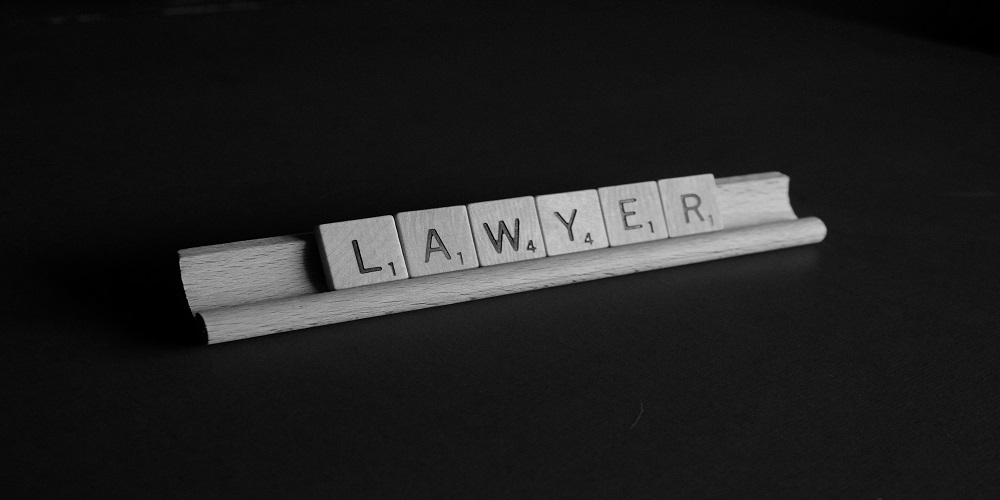No matter the charge, the spirit of fairness dictates that everybody has the right to legal representation.
Competent legal representation is crucial in criminal matters, as poor legal representation can have life-altering consequences. The right criminal defence lawyer can prevent you from being charged or sentenced disproportionately, and they may even secure an acquittal.
Here are five tips for vetting a criminal defence lawyer properly.

Tips To Properly Vet A Criminal Defence Lawyer
1. Experience
The primary criterion for deciding on a defence lawyer is to check the years of experience they have under their belt. Experience is a treasured commodity in the legal profession. Courtroom craft and mastery of the law are developed over time and cannot be imbibed by freshers; seasoned lawyers know the finer nuances of law and procedure.
Additionally, you may look for a lawyer who has practised in the courts where your case lies, e.g., a criminal defence lawyer in Brampton. Local alliances go a long way in the legal system.
2. Reputation
Reputation is as important as experience; merely because a lawyer is experienced doesn’t mean they have the best reputation. While the legal profession has one of the most robust frameworks of professional ethics, it has more than its fair share of unethical lawyers who may engage in illegal practices.
It is not advisable to engage with such lawyers as their misconduct, once exposed, may end up being detrimental to your case. So, always look for a lawyer with a clean reputation.
3. Specialization
The law is too vast for one person to master completely, so lawyers usually specialize in specific areas of the law. Similarly, criminal law includes several domains, such as white-collar crime, crimes against persons, crimes against property, etc.
While looking for a defence lawyer, make sure they have demonstrable experience in the field of law that pertains to your case (also known as a “practice area”). Often, lawyers will state their specialization on the practice/firm’s website, so make sure to pay attention.
4. Outcomes
Legal competence doesn’t mean much if it doesn’t lead to favourable outcomes. While outcomes are not always indicative of the quality of representation provided by a lawyer, they are a good starting point on which to base your vetting.
While reviewing a criminal defence lawyer’s professional history, look for the number of acquittals, case dismissals, reduced sentences, etc. While outcomes should not be the only criterion, it is ultimately what matters and shouldn’t be ignored.
5. References
Vetting your potential criminal defence lawyer is important, but reputations are built by word of mouth. Make sure to talk to some former clients or disinterested legal professionals to know more about your lawyer. Former clients of the concerned lawyer are in a far better position than yourself to apprise their experiences with the lawyer, as well as their strengths, weaknesses, professionalism and personality.
Conclusion
In criminal matters, you always want to be represented by a knowledgeable, experienced and wise lawyer. Vetting your potential lawyer is crucial to determine if they tick those boxes, and these five tips will ensure nothing remains missed out.
For further guidance, we recommend checking out trusted and unbiased criminal lawyers in Brampton.
